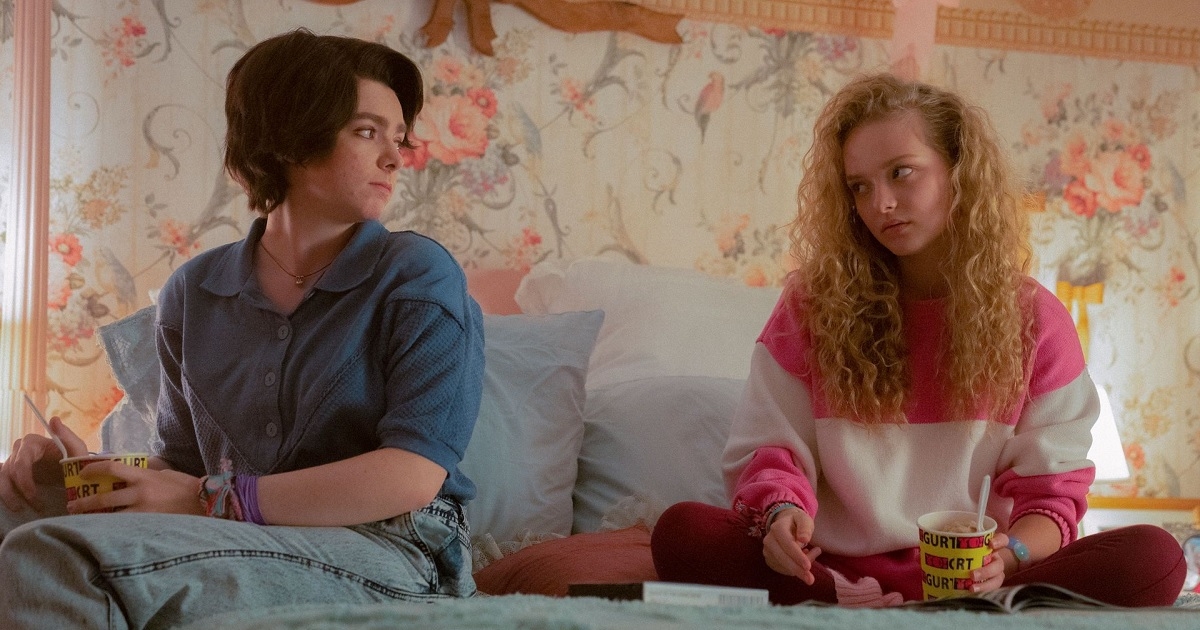Claire Lee ‘24 (CLAS) spent 10 weeks immersed in UConn’s TIP Innovation Fellowship Program, which pairs UConn students with startup companies for mentored summer research fellowships. (Attached photo)
Claire Lee ’24 (CLAS) dreams of becoming a lawyer one day. She wants to talk about real-world issues, speak truth to the powerful, and above all, bring about tangible social change.
This summer she has the upper hand.
“The world needs a lot of improvement and change right now,” says Lee, a Glastonbury rising student double majoring in political science, ecology and evolutionary biology. “I wanted to try something new and meaningful.”
Lee spent 10 weeks in UConn’s TIP Innovation Fellowship Program, which pairs undergraduate and graduate students with startup companies in UConn’s Technology Incubation Program (TIP) for mentored research experiences.
The summer program receives more than 200 applications per cycle and includes students from almost 20 different majors at the University. This year’s group of 33 scholars is the largest so far.
“It’s an experience that aims to build creativity and a different way of thinking about problems that isn’t taught in any other setting,” says founder and director Caroline Dealy ’89 Ph.D., associate professor at UConn Health. “Startup host companies do not consider TIP Fellows students – they are considered team members.”
As an associate for Stamford-based Social Labs, Lee leads user research during the early stages of product development. The company, founded by alumni Sahil Laul ’19 (CLAS) and Sameer Laul ’15 (CLAS), applies creative problem-solving to society’s greatest challenges by combining the arts, sciences and humanities.
“Right now we’re working on a new journalism platform that seeks to combine the power of communities with the speed of social media as a tool for verified and organized information,” she says. “We think that access to reliable information around the world is a fundamental human right.”
Working alongside two other colleagues, Lee helps identify the platform’s target audience in their quest to “deliver global truth through citizen news.” Part of her role includes assessing which complex social issues the company needs to address and helping users navigate clickbait headlines.
“Every product that’s put on the market needs a user base,” she says. “I’m the one who oversees and develops such a strategy, while keeping people better informed about what’s happening around us.”
My advice is to pursue opportunities that push you beyond your limits and challenge you to think differently.
Lee was immediately drawn to Social Labs’ multidisciplinary approach as she hoped to find an opportunity that would allow her to combine her interests. But it also didn’t take her long to realize the abundance of mentoring opportunities available to her.
“[I saw] that the founders were UConn alumni and that they were following academic paths that were very closely related to my interests,” she explains. “We connect on both a personal and professional level.”
Since 2012, the TIP Innovation Fellows Program has placed 189 UConn students — including 51 CLAS majors — in startups at one of UConn’s tech incubators in Farmington, Stamford or Storrs. The immersion experience is complemented by weekly seminars on technological innovation, entrepreneurship and career development.
“Unlike a traditional internship, these types of hands-on immersions build skills that aren’t necessarily specific to any one job,” says Dealy. “On the contrary, TIP Fellows learn the skills necessary for any job in the 21st century workforce, such as strategizing, problem solving, resilience, critical thinking and teamwork.”
Nine CLAS students are participating this year — three of whom, including Lee, are funded by the College of Liberal Arts and Sciences. Their projects include developing technology to remove per- and polyfluoroalkyl substances (PFAS) from water with host company Aqualumos, also founded by a UConn alumnus, and harnessing the power of music and synchronized light to stimulate brain rhythms in Alzheimer’s patients with host company Oscillo Biosciences. Other CLAS students are engaged in projects in cancer diagnostics, antimicrobial surfaces and artificial intelligence.
Lee says the program has perfectly prepared her for the future and encourages other students to step out of their comfort zones.
“I got a lot of feedback important for my career,” she says. “My advice is to pursue opportunities that push you beyond your limits and challenge you to think differently.”
To learn more about Social Labs’ current project, visit their website.
CLAS students participating in this year’s TIP Innovation Fellows program are: Daniyal Athar, Jonathan Dias, Duran Gonzalez, Emma Graebner, Alicia Predom, Molly Schiffer, Shruti Susarla and Mei Qiong Xue.



